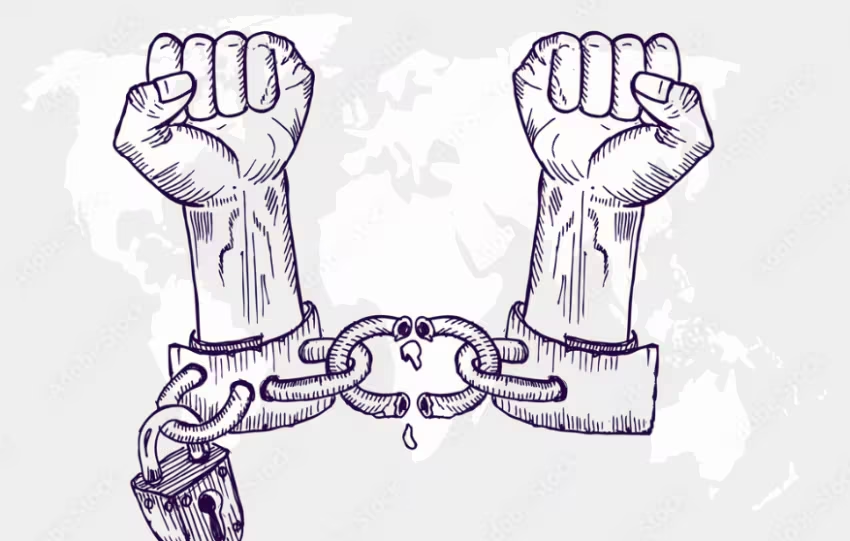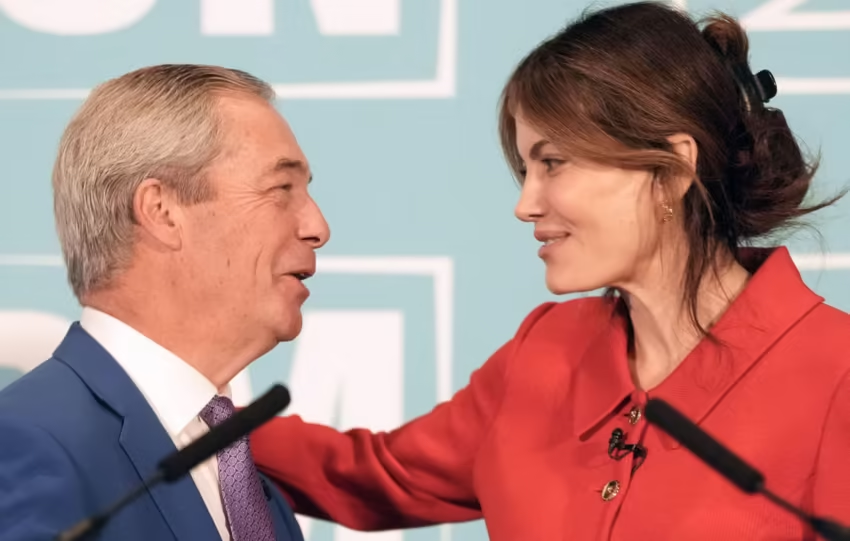Hannah More (1745–1833) was one of the most influential abolitionists and reformers of her time, a Bristol‑born writer whose words and activism helped shape Britain’s conscience during the long struggle against slavery. Though often overshadowed by figures such as William Wilberforce, More’s contribution was vital in mobilising public opinion and embedding abolitionist ideals into everyday…








